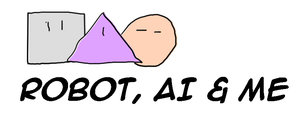From goo-goo ga-ga through to nursery, school and university it takes humans decades to get smarter. Our formal education is complemented by holidays, jobs, relationships and hobbies and the 1001 things we see, taste, touch and do every day. Humans are in a constant process of reinventing ourselves but typically this doesn't happen overnight....or in an afternoon.
While AI is timebound somewhat by human involvement such as managing training data or developing models we increasingly we see a trend for AI to create and automate aspects of what it does Examples of this are:
- Unsupervised learning having access to more training data (from millions to hundreds of millions of examples)
- Federated learning models that take aggregate improvements from edge devices like smartphones and combine the differences automatically
- AI automating feature development - shifting from hundreds of human curated features to millions of machine generated features
- Transfer learning where models for one purpose can be reused for another
- Chatbots that can collaborate using language as a common semantic integration point
AI can automate and it can also be automated. To say this speeds things up is somewhat undersells the potential rate of change, which in theory, could be exponential.
The idea that AI will design hardware to remove limits to its capabilities are not so far fetched. DARPA has seen AI's designing circuit boards to take advantage of quantum effects that human designers aren't.
AI won't take as long as us to learn.
It will take microseconds where we take weeks, months and years.

